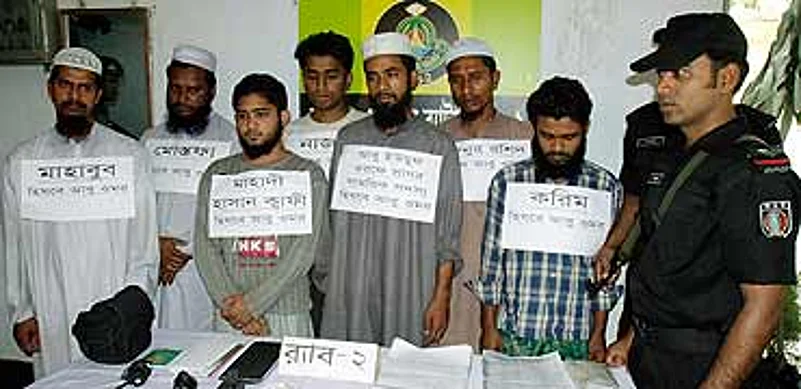
Prof Ahmed feels it is imperative to dismantle the militant network inside and outside the country—and strike at their belief system—before the nation can truly hope to rid itself of Islamic militancy. Also, militant Islam is not peculiar to Bangladesh alone, nor is it necessary for terrorists to always have patrons. Prof Ahmed explains, "They can create a devastating impact through a small core group. Thus, the executions don't mark the end of militancy; next time militants can attack with greater sophistication."
Agrees legal expert and human rights activist Shahdeen Malik: "The executions are the end of a phase, but not the end of religious terrorism and fanaticism." For one, militants' access to financial and other resources, and their ability to utilise those, still remain largely unknown and unaccounted for. "Uncovering these is essential to root out terrorism. I expect the government to find out these sources and the political support system of these terrorists to really free us from terrorism," Malik says.
Although names of ministers and lawmakers have surfaced since JMB elements started operating in northern districts in 2004, investigators never made concerted efforts to detect and expose them. Only recently, after the caretaker government vowed to punish patrons, some victims filed charges against former telecom minister Aminul Haque, former state minister for housing Alamgir Kabir, former deputy minister for land Ruhul Quddus Talukder Dulu, former lawmaker Nadim Mostafa, and Rajshahi city corporation mayor and former BNP lawmaker Mizanur Rahman Minu. Indeed, to root out terrorism it's necessary to punish the hidden hand, however powerful, behind it.





















